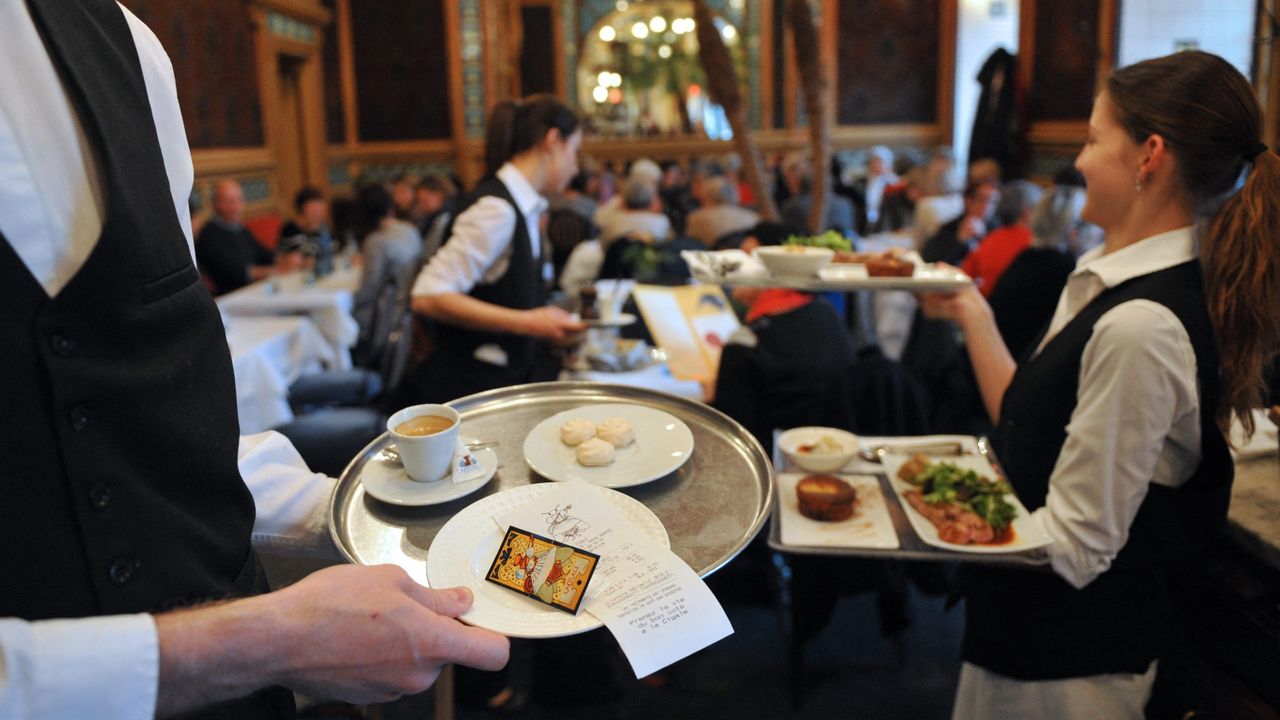- Posted On:2024-08-27 09:08
-
587 Views
Tipping point: is the end of the service charge near?
More than a fifth of UK diners are refusing to pay optional service charges in restaurants as the nation reaches a "tipping point" on gratuities. The "national penchant for avoiding a fuss" has "finally met its match" in the form of a "sneaky" 12.5% now "routinely tacked onto the bill", wrote Hannah Twiggs in The Independent.
Ethical gymnastics
This has become the "tipping point, quite literally", where dining out in the UK becomes an "exercise in ethical gymnastics" and a growing number of diners – 34% in the Southwest - are "boldly opting out" of paying optional service charges.
Although the rising cost of living "might be driving this newfound frugality", tipping culture in the UK has "always been a bit like Marmite" and nearly half of us would "prefer to tip at our own discretion" without being "coerced into a mandatory-feeling, yet supposedly optional", suggested charge.
"I'd prefer not to have a service charge added automatically in restaurants where the service has been ropey," said Sathnam Sanghera in The Times. Tipping culture in the UK has "become as deranged as in America", where baristas ask for tips "even when you'd ordered a takeaway coffee". In one case, a patient at a private UK hospital was asked "if they wanted to tip the nurse who had just given them a blood test".
"Confusion and controversy swirls around service charge in the UK and how it operates," wrote Clare Finney for The Telegraph, and unlike Americans, who "pay 20% as the norm", many Britons are "less comfortable doing so".
But customers across the pond are also getting "a little bit stingier" said NBC News, as it reported the number of American adults who say they always tip has fallen eight percentage points since 2021, to 67%.
Guilt-ridden obligation
"The reality is that most – indeed almost all – restaurants" use the service charge to "top up wages to a reasonable salary," Kitty Slydell-Cooper, of Countertalk, a UK-based community and recruitment platform for hospitality workers, told Finney.
So if customers "try to skimp by removing the charge, then the hard-working people who have provided their meal simply wouldn't be paid enough".
There is often confusion over whether tips go to staff or get dipped into by management. In October, new laws will come into force making it legally binding that all service charges go directly to staff.
But will restaurant bosses find loopholes in the reform? "I tip knowing that the person serving me" is "on a low wage" and "because I can’t face confrontation", wrote Sophie Morris for the i news. But now, there is a charge that she might "refuse to cough up for".
A few months ago, the dim sum chain Ping Pong scrapped its service charge and replaced it with a 15% "brand charge", which, Morris argued, has "been invented so customers can continue to fund wages via the service charge". Ping Pong, however, pointed out that it pays staff £1 more than the National Living Wage.
If the customer trend of withholding service charges continues, hospitality staff who are "set to take home more cash once the new tipping act comes into play" may find their uplift is "smaller than expected, as some consumers withhold tips and service charge for exceptional service", said RSM UK head of leisure and hospitality, Saxon Mosely.
Dining out "should be a pleasure, not a guilt-ridden obligation", wrote Twigg, so "maybe one day, we’ll all look back on service charge as a quaint relic of a bygone era" – like "smoking in restaurants or jellied eels".

